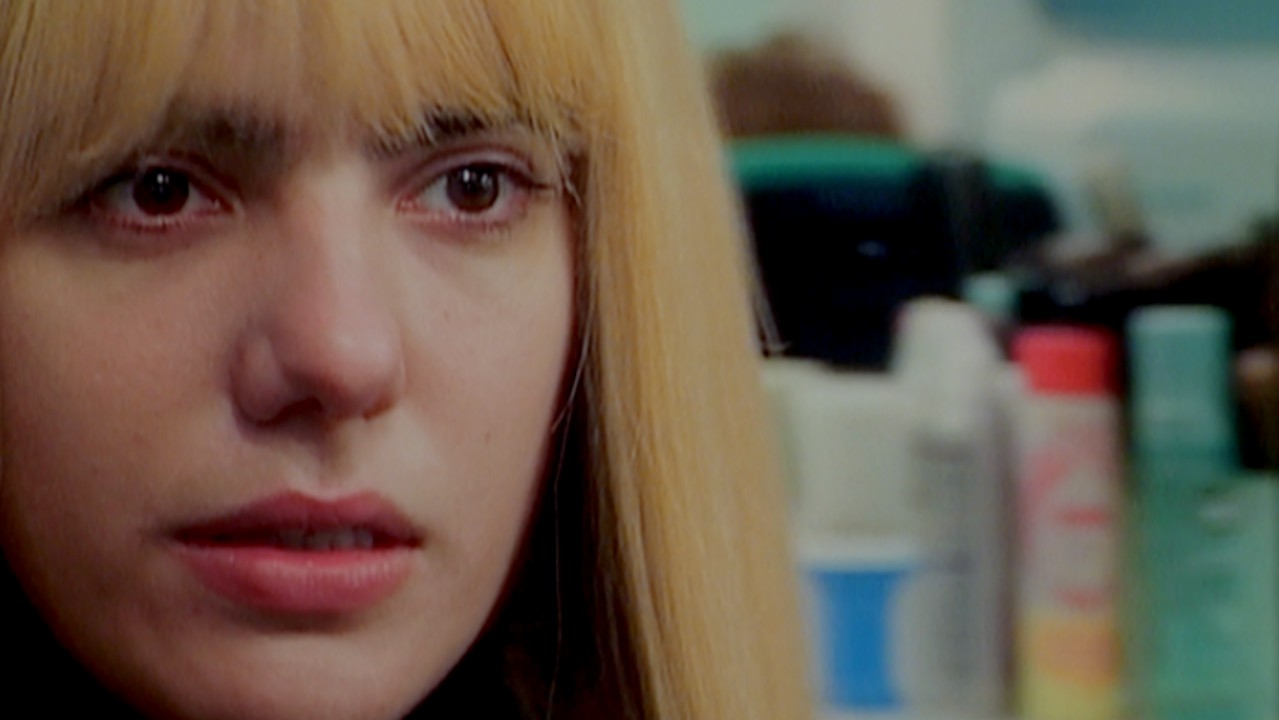
Personal Truths. The Cinema of Albertina Carri
A seminal figure of the New Argentine Cinema that burst into prominence in the 1990s, Albertina Carri (b. 1973) is that loose movement’s punk voice and anti-establishment consciousness, a rebel artist whose formally bold and wildly diverse films are united by a steadfast intent to rigorously challenge the status quo. With Los Rubios, a spirited and controversial archaeology of her own parents’ unsolved deaths, Carri announced the deeply personal stakes undergirding her rough-edged cinema by allowing her own uncertain voice to guide the film’s twisting yet determined path. Subsequent films, such as her uncannily polished Géminis, showcased Carri’s profound talents as an auteur stylist, able to effectively shape her films into a seemingly recognizable mode she then effectively detonates through shocking imagery and narrative turns. Like many of her films, Géminis unflinchingly explores a deeply taboo subject, here a hothouse study of incestuous desire recalling art house melodramas from the likes of Marco Bellocchio and Leopoldo Torre Nilsson. In her recent film Cuatreros, Carri returns to open-form documentary to offer a personal meditation on the pattern of violence that she finds deeply rooted in the Argentine soil. With its refracted multichannel imagery and complex voiceover, Cuatreros channels the radical mold-shattering energy of Carri’s now-iconic exploration of her own family’s tragic history, Los Rubios.
The Harvard Film Archive is honored to welcome Albertina Carri to present and discuss her iconoclastic films and path-breaking career. Support for this program comes from the David Rockefeller Center for Latin American Studies and the Department of Romance Languages and Literatures, Harvard. – Haden Guest












